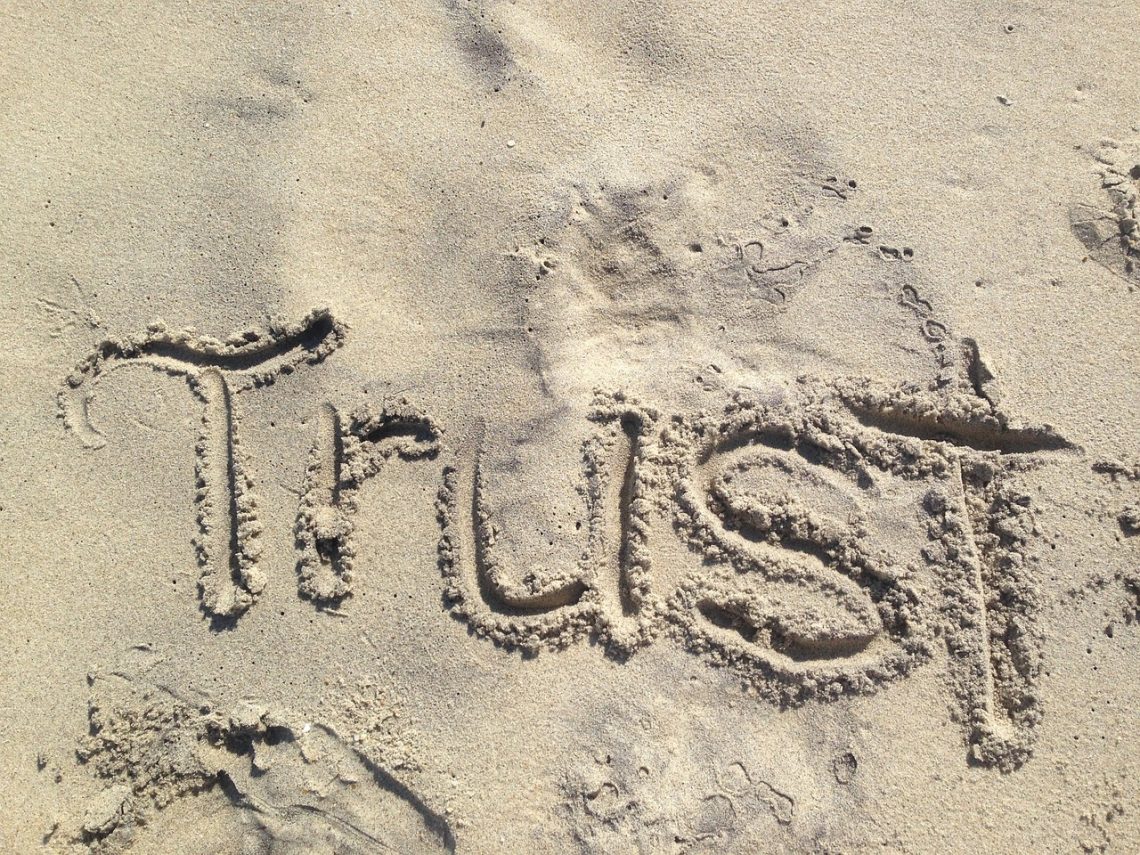Trust in God Over Worldly Powers
“Some trust in chariots, and some in horses; but we will make mention of the name of Jehovah our God.” (Psalm 20:7)
In today’s verse we find a far-reaching declaration of faith: “Some trust in chariots, and some in horses; but we will make mention of the name of Jehovah our God.” This verse contrasts human reliance on military might and God’s people’s trust in the Lord. Chariots and horses in ancient times were a symbol of strength and power. Kingdoms invested heavily in these to secure victory in battles. Today, they can be seen as symbols of any worldly power or security, such as wealth, political powers, or even technology. While these may offer temporary assurance, they are ultimately fleeting and unreliable.
In stark contrast, the psalmist David affirms trust in the Lord Jehovah—the one true God. The trust David is speaking of is not in worldly resources and humans, but in the divine, omnipotent Creator. This type of trust indicates having knowledge and faith that God alone is the source of true security and salvation. For Christians, we place our ultimate trust in God rather than in earthly means. As believers, we recognise that while human efforts and resources have their place, they should never replace our reliance on God’s providence, power, and sovereignty.
In today’s context, this verse challenges us to examine where we place our trust. Do we rely on our abilities, possessions, or societal structures? Or do we, like David, proclaim our dependence on God?
Trust in God is a way of life, calling us to live in accordance with His will and to seek His guidance in all things. As we continue to be bombarded by the immorality and darkness of this evil world, this verse encourages us to anchor our trust in the eternal and unchanging God, who alone can provide true security, peace, and light. “Thy word is a lamp unto my feet, and light unto my path.” (Psalm 119:105)
